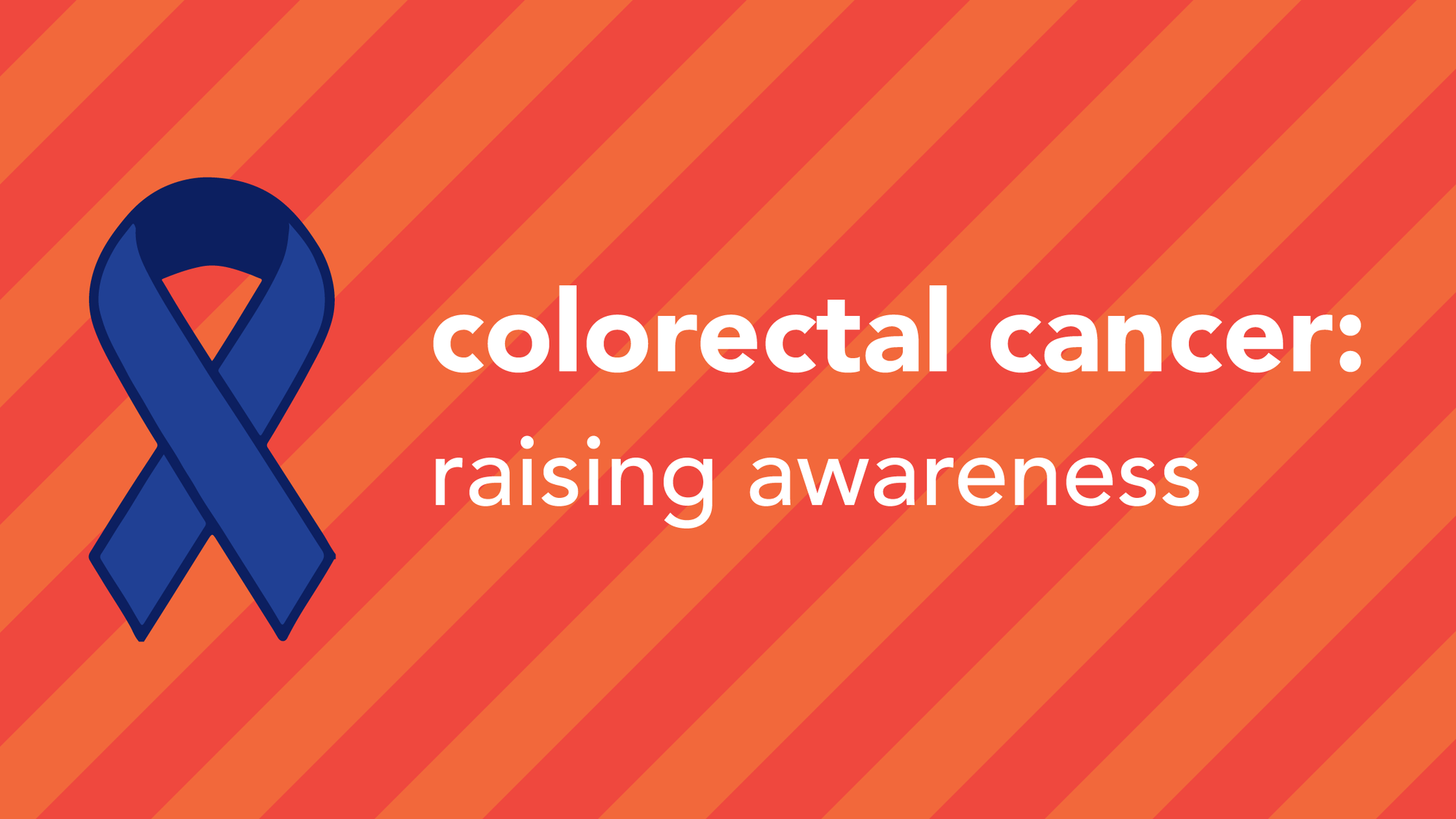March is Colorectal Cancer Awareness Month, a time to raise awareness about this disease. Colorectal cancer, also known as bowel cancer or colon cancer, is the second most common cancer in both men and women worldwide, with an estimated 1.8 million new cases and 880,000 deaths in 2018. However, if caught early, it is highly treatable, with a 5-year survival rate of over 90%.
What is Colorectal Cancer?
Colorectal cancer is a cancer that develops in the colon or rectum, the two parts of the large intestine. It usually starts as a noncancerous growth called a polyp on the inner lining of the colon or rectum. Over time, some polyps can become cancerous and start to grow into the wall of the colon or rectum, and from there can spread to other parts of the body.
What are the Symptoms?
The early stages of colorectal cancer may not have any symptoms, which is why screening is so important. However, as the cancer grows, it can cause symptoms such as:
- Blood in the stool or rectal bleeding
- Abdominal pain or discomfort
- Unexplained weight loss
- Changes in bowel habits, such as diarrhea or constipation
- Fatigue or weakness
- Iron-deficiency anemia
Who is at Risk?
Colorectal cancer can affect anyone, but some people are at higher risk than others. Risk factors include:
- Age - the risk increases after age 50
- Family history of colorectal cancer or polyps
- Personal history of colorectal cancer, polyps, or inflammatory bowel disease
- Smoking
- Obesity
- Lack of physical activity
- A diet high in red or processed meats, and low in fruits and vegetables
How is it Diagnosed and Treated?
Screening is the best way to detect colorectal cancer early, before symptoms develop. The most common screening test is a colonoscopy, which uses a long, flexible tube with a camera to examine the inside of the colon and rectum. Other screening tests include stool tests and virtual colonoscopy.
If colorectal cancer is detected, treatment depends on the stage of the cancer and other factors such as the patient's age and overall health. Treatment options include surgery, radiation therapy, chemotherapy, targeted therapy, and immunotherapy.
How to Reduce Your Risk?
There are several ways to reduce your risk of colorectal cancer, including:
- Get screened regularly, starting at age 50 or earlier if you have risk factors.
- Maintain a healthy weight and stay physically active.
- Eat a diet high in fruits, vegetables, and whole grains, and low in red and processed meats.
- Quit smoking and limit alcohol intake.
- Talk to your doctor about taking aspirin or other medications that may reduce your risk.
Conclusion
Colorectal cancer is a common but preventable and treatable disease. By raising awareness about the importance of screening and reducing your risk through lifestyle changes, we can work towards reducing the number of new cases and deaths from colorectal cancer. Take action today and talk to your doctor about screening and prevention.
Learn more at:
More young people are being diagnosed with colorectal cancer. Here's what to know



